This Friday, Robert Eggers’ The Northman opens in cinemas. It’s well worth checking out, in large part because it’s hard to remember a major studio release that felt this strange and esoteric.
Of course, independent cinema is thriving. The barrier to entry to filmmaking is lower than ever. Even established directors like Sean Baker and Steven Soderbergh are happily shooting their movies on smart phones. It seems that the future of movies predicted by Francis Ford Coppola, where “some little fat girl in Ohio is going to be the new Mozart,” filming on a portable camera, is closer than ever. Movies like Everything Everywhere All at Once and X prove the scene is as vital as ever.
Eggers emerged from the vibrant world of low-budget American horror, announcing his presence with The Witch and cementing his status as a director to watch with The Lighthouse. Both films exist firmly within the independent cinema space, being distributed by A24. A24 is “the little movie studio that could,” making waves through awards success for projects like Room and Moonlight. There are reports that the company is currently looking at a potential sale to a larger entity.
Both The Witch and The Lighthouse were critically and financially successful. The Witch took back 10 times its production budget, while The Lighthouse settled for a more modest four-and-a-half-times multiplier. In the olden days, this would be enough to assure a director like Eggers the chance to move upwards, to make a more high-profile film from a more significant studio, which would enjoy a much larger release and offer him the potential to reach a wider audience.
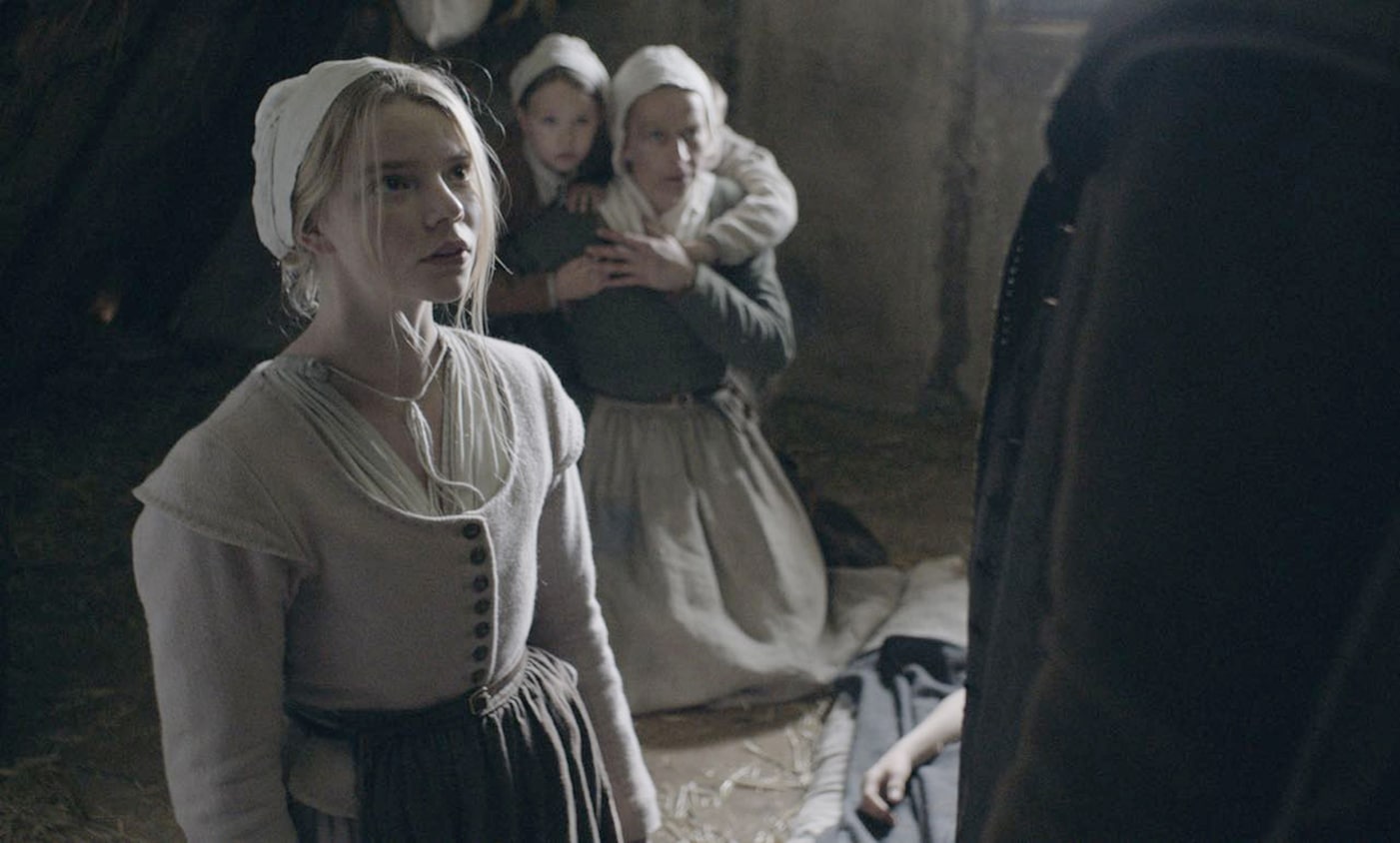
This was the standard career trajectory for genre directors, who would move from low-budget oddities to mid-budget fare and then potentially further up the ladder. David Cronenberg started out making schlocky horrors like Scanners ($4M CAD) and The Brood ($1.4M CAD), before working with larger budgets on The Dead Zone ($10M) and The Fly ($15M), and then completing his transition to the mainstream with projects like A History of Violence ($32M) and Eastern Promises ($50M).
Director Christopher Nolan has talked about the importance of mid-budget movies in allowing directors to grow and develop. Between making his breakout indie Memento ($9M) and his big franchise-starter Batman Begins ($150M), Nolan directed the more modestly budgeted Insomnia ($46M) for Warner Bros. This offered Nolan a chance to develop before being handed a tentpole. “I think too few filmmakers are being offered that chance these days,” he reflected in 2015.
These days, if independent filmmakers are recruited by major studios to work on larger projects, those projects are often massive and unwieldy blockbusters with incredible scrutiny. Anna Boden and Ryan Fleck went from making Mississippi Grind ($6M) with A24 to Captain Marvel ($175M) with Marvel Studios. Jon Watts went from making Cop Car for $800,000 to filming Spider-Man: Homecoming with a budget of $175M.
It’s no surprise that this transition, when it does happen, can be a culture shock for directors. There are plenty of stories of filmmakers making this transition and struggling to adapt to the demands of a franchise tentpole, cautionary tales like Josh Trank’s experiences on Fantastic Four. In some cases, as with Phil Lord and Chris Miller on Solo: A Star Wars Story, directors are removed from these projects late in the game, requiring massive reshoots.
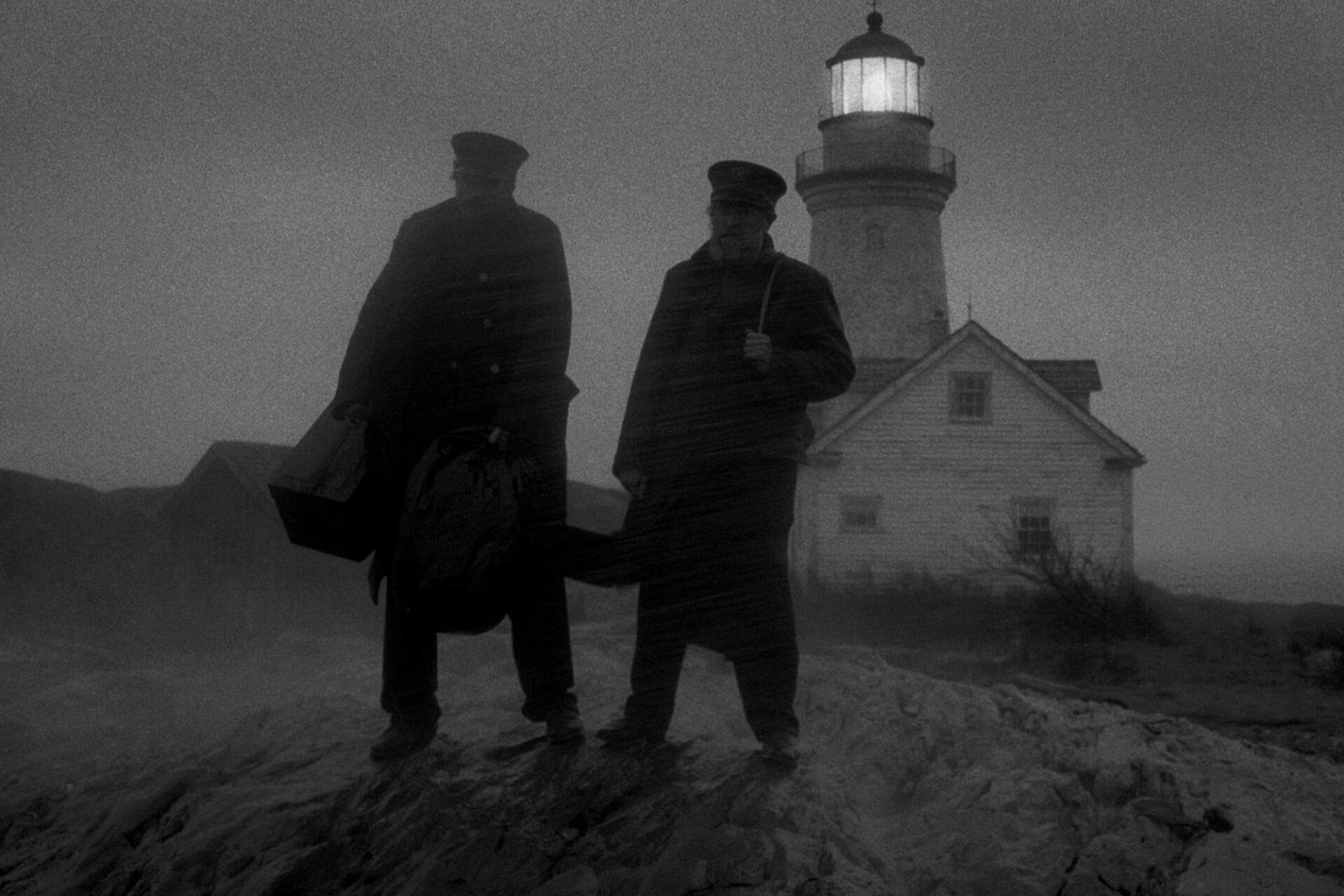
Given the amount of money involved in these films, and the fact that they are often tied to larger brands and intellectual property, there is an inherent aesthetic conservatism in most big blockbusters that can erase a filmmaker’s distinctive perspective. There’s a reason these movies look and sound so similar. David Ayer had Suicide Squad taken away from him in the editing bay. The climax of Gareth Edwards’ Rogue One: A Star Wars Story was reshot by Tony Gilroy.
To be clear, there are exceptions. James Gunn has managed to maintain his distinct voice across a variety of studios and mediums. The Batman feels so distinct from modern superhero blockbusters that it seems like a minor miracle. Christopher Nolan is just about the only director who enjoys the freedom to make whatever he wants at a significant budget. However, these are the exceptions that prove the larger rule. Big-budget filmmaking is often frustratingly bland and generic.
This is why The Northman feels so refreshing and exciting. Though the budget started at $65M, the pandemic and other factors nudged it up to $90M. The film is distributed in the United States by Focus Pictures, the more arthouse wing of Universal Pictures, which handled the international distribution of both The Witch and The Lighthouse. Although Universal is investing far less in The Northman than it is in Jurassic World: Dominion or Minions: The Rise of Gru, it is still a bold swing.
It is easy to overstate the weirdness of The Northman. At its core, this is a Viking revenge epic with a starry cast that includes Alexander Sarsgård, Nicole Kidman, Anya Taylor-Joy, and Ethan Hawke. It is based on the Scandinavian legend of Amleth, which inspired William Shakespeare to write Hamlet. It is the story of a young prince dispossessed of his kingdom by a greedy uncle and who seeks revenge. As one executive boldly boasted to Eggers, “I love this Viking version of The Lion King.”
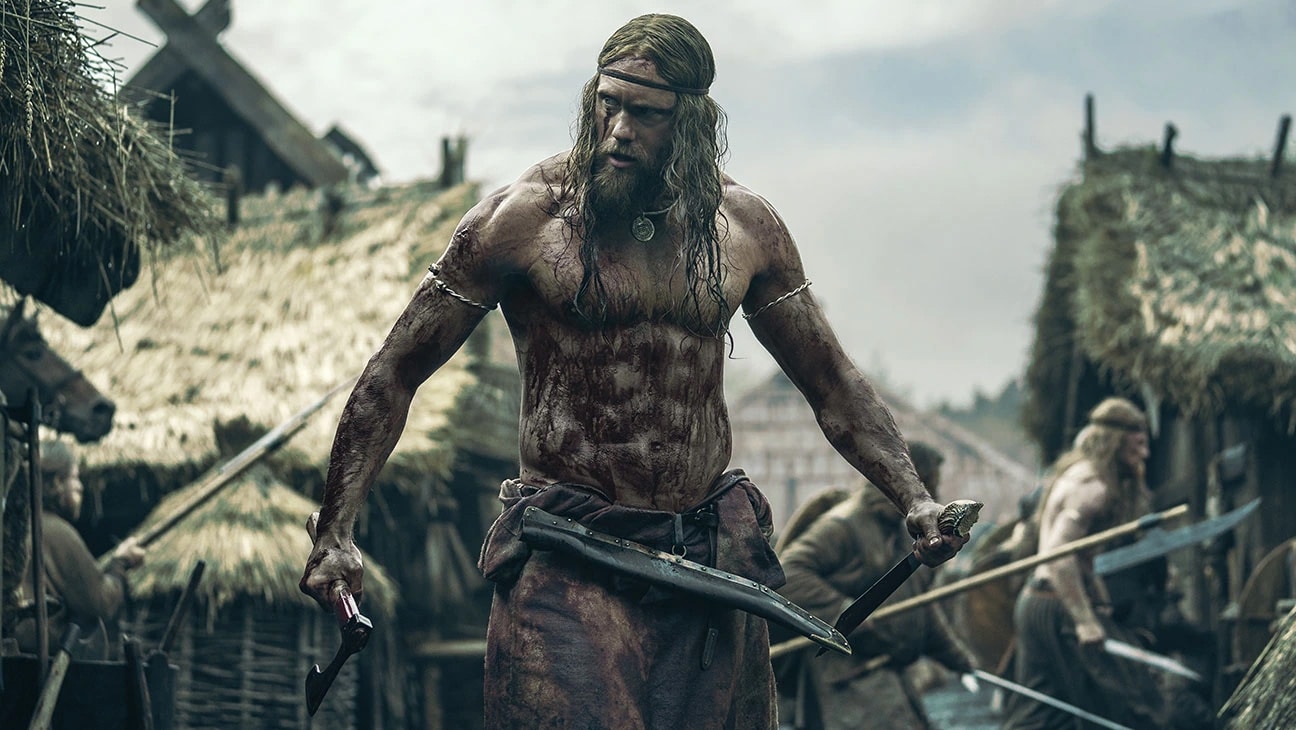
However, The Northman refuses to sacrifice intelligence or ambition at the altar of accessibility. The Northman is undeniably an Eggers movie, recognizably of a piece with The Witch and The Lighthouse before it. It is full of artful compositions and trippy imagery, striking long takes and bold camera movements. The Northman is a movie that operates by both the internal logic and the visual language of a dream, beckoning the viewer deeper into a world of insanity and absurdity.
The Northman devotes an extended sequence to Ethan Hawke dressed in a loincloth, barking like a dog and belching to demonstrate his humanity. The film casts Björk in a single scene as a prophet or a mad woman who sets the plot of the movie in motion. At one point, the film’s hero brutally dismembers some of his uncle’s slaves and stages the bodies in a display that would make the production team on Hannibal proud. This is not how major studio releases normally look.
Watching The Northman, the closest point of comparison seems to be the efforts by major studios to cultivate Darren Aronofsky as a potential tentpole director. The Fountain was a famous Hollywood fiasco, a movie that was greenlit with a $100M budget and Brad Pitt in the lead role, only for the budget to be slashed to $35M when Pitt left. Paramount tried repeatedly to establish Aronofsky as a major draw. The studio pushed hard on both Noah ($130M) and Mother! ($30M).
It seems fair to concede that Aronofsky’s major studio releases were divisive. In fact, that divisiveness became part of the narrative around them. At the Venice Film Festival, The Fountain was booed at the press screening and received a standing ovation at its premiere. Noah generated a “flurry of controversy” among religious viewers, prompting Paramount to issue a disclaimer. The New York Times described Mother! as “the year’s most divisive film,” and it earned an F CinemaScore.
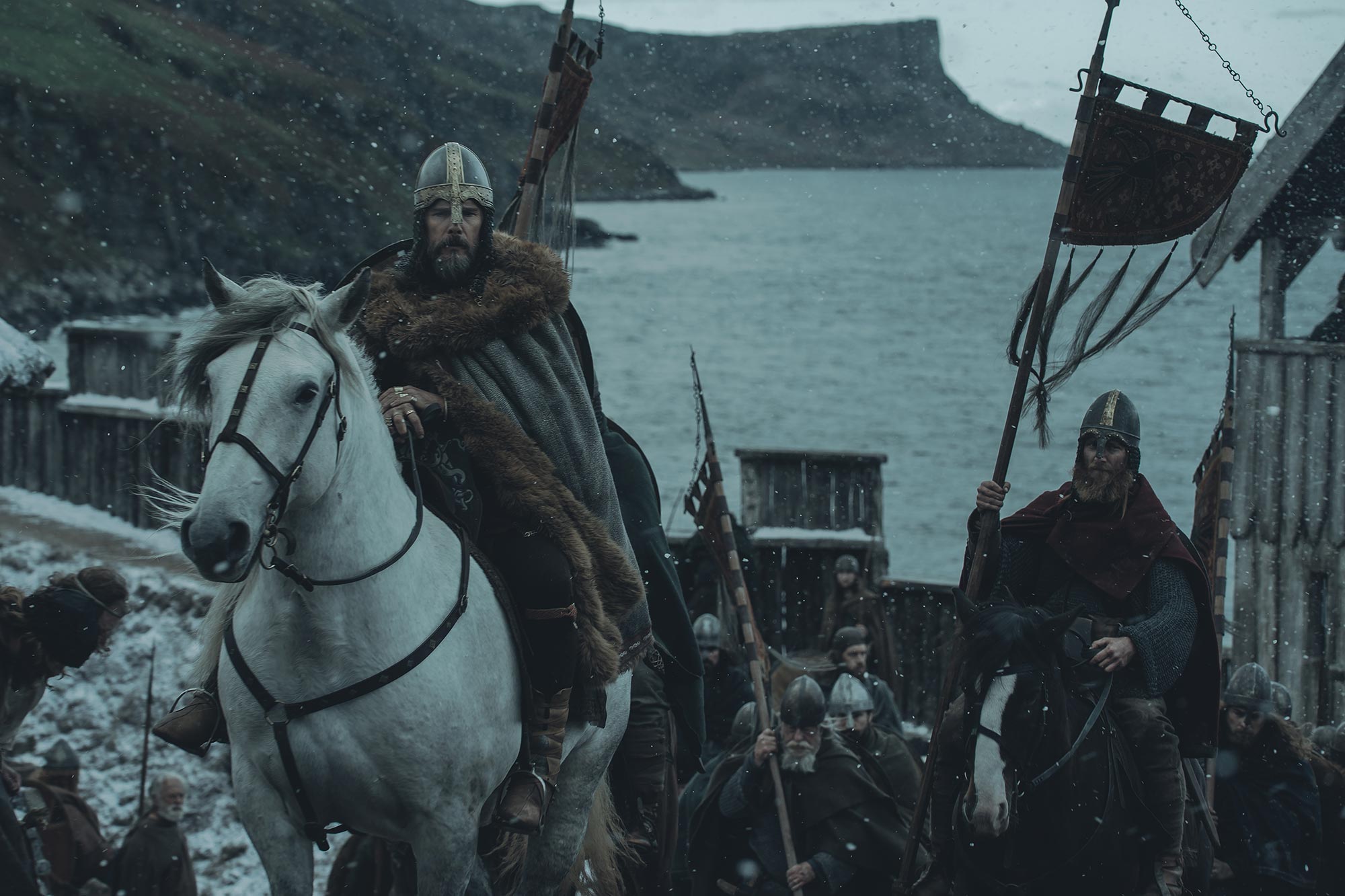
Still, however one feels about these movies, they were bold and ambitious blockbusters that offered a strong and distinct creative vision that was undeniably of the filmmaker responsible. At a time when studio blockbusters were becoming increasingly formulaic and generic, Aronofksy’s movies were vibrant and aggressive, confronting audiences with something just a little bit outside of their comfort zones without being inaccessible. They were a refreshing splash of cold water.
The Northman is something similar. “April is the cruellest month,” wrote T.S. Elliot in the opening line of The Waste Land, and the English-American poet could just as easily be talking about the release slate that saw Sonic the Hedgehog 2, Morbius, and Fantastic Beasts: The Secrets of Dumbledore unleashed upon the unsuspecting public within a few weeks one another. The Northman is a tonic for the soul. To quote another English wordsmith, “Finally, some good fucking food.”
The Northman will probably be divisive among audiences. The Witch garnered a C- CinemaScore, suggesting that audiences were not as hot on it as critics. Audiences are not always forgiving to films that push them just a little outside the mainstream. Forty years ago this year, both Blade Runner and The Thing bombed in cinemas on the same weekend, and both are now considered classics. Cinema is richer for studios taking their chances on directors like Ridley Scott or John Carpenter.
The Northman adds a little weirdness back to mainstream movie-going. That’s as enchanting as any of the magic in the film itself.

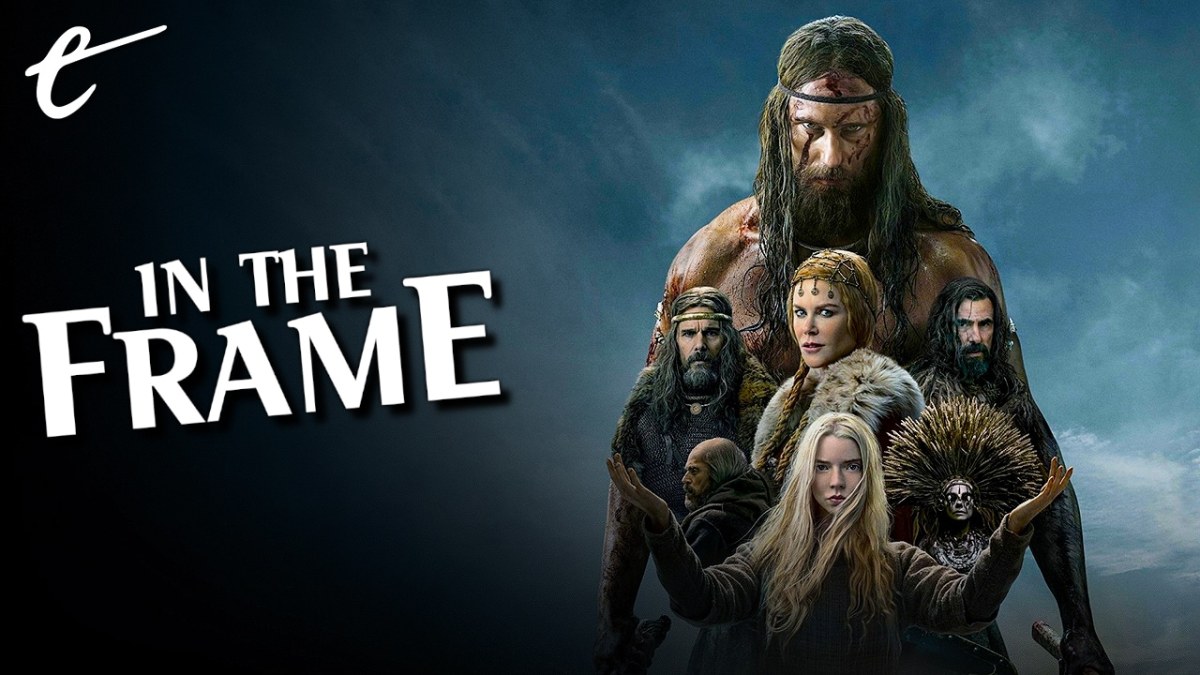




Published: Apr 18, 2022 11:00 am